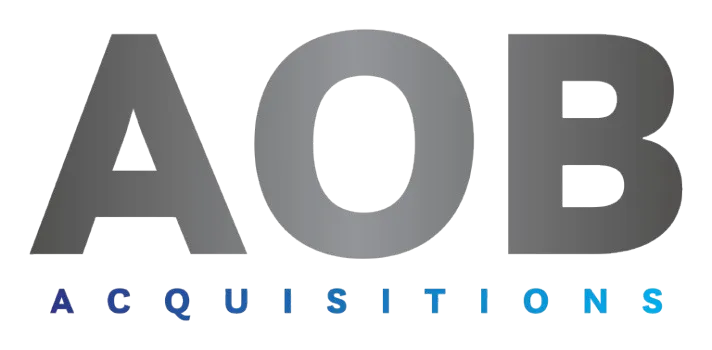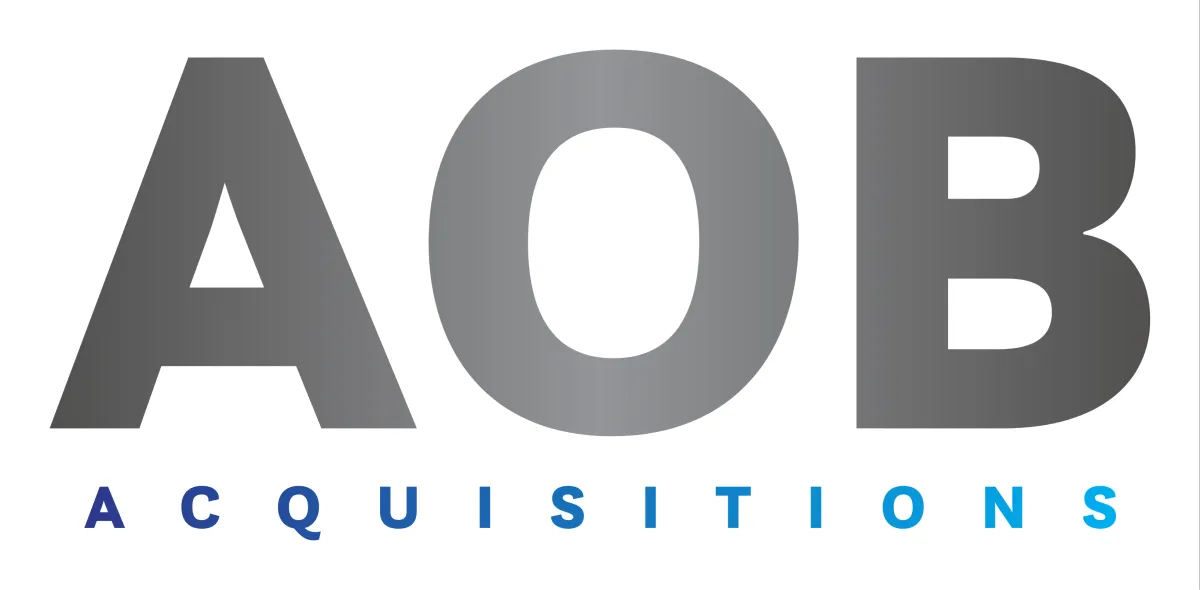
Maximising the Value of Your Training Business: A Strategic Guide to a Successful Sale
(02-10)
Selling a training business is a significant decision that requires careful planning and strategic execution. Whether you're considering an exit to retire, pursue new ventures, or capitalise on your hard work, understanding the nuances of the sale process is crucial. This guide provides insights into how to maximise the value of your training business and navigate the sale process with confidence.
Understanding What Buyers Value in Training Businesses
Buyers are particularly interested in training businesses that offer:
- Recurring Revenue Streams: Demonstrates financial stability and predictability.
- Scalable Business Models: Potential for growth with minimal incremental costs.
- Strong Client Relationships: Long-term contracts and customer loyalty.
- Proven Delivery Methods: Effective and efficient training methodologies.
- Digital Capabilities: Online platforms and resources that expand reach and accessibility.
Steps to Enhance Your Business's Appeal
1. Streamline Operations: Ensure that your business processes are efficient and well-documented. This includes having clear Standard Operating Procedures (SOPs) and a well-trained team.
2. Diversify Revenue Sources: Relying on a single client or contract can be risky. Diversify your offerings to include various training programmes, certifications, and delivery methods.
3. Strengthen Financial Health: Maintain clean and accurate financial records. Buyers will scrutinise your financials, so ensure they reflect the true value of your business.
4. Invest in Technology: Embrace digital tools and platforms that enhance the learning experience and improve operational efficiency.
5. Build a Strong Brand: A reputable brand with positive testimonials and case studies can significantly increase your business's attractiveness to potential buyers.
The Sale Process: What to Expect
The process of selling a training business typically involves several key stages:
1. Valuation: Determining the worth of your business based on financial performance, market position, and growth potential.
2. Preparation: Organising financial records, legal documents, and operational information to present a clear picture to potential buyers.
3. Marketing: Listing your business on appropriate platforms, reaching out to potential buyers, and leveraging networks to find the right fit.
4. Negotiation: Engaging in discussions with interested parties to agree on terms that are beneficial for both sides.
5. Due Diligence: Allowing the buyer to thoroughly assess your business to confirm its value and identify any potential risks.
6. Closing the Deal: Finalising agreements, transferring ownership, and ensuring a smooth transition.
Common Pitfalls to Avoid
- Overvaluation: Setting an unrealistic price can deter potential buyers. Work with professionals to determine a fair market value.
- Lack of Preparation: Incomplete or disorganised documentation can raise red flags for buyers.
- Ignoring Post-Sale Transition: Failing to plan for a smooth transition can affect the business's ongoing success and buyer satisfaction.
Conclusion
Selling your training business is a complex process that requires thoughtful preparation and strategic planning. By understanding what buyers value, enhancing your business's appeal, and navigating the sale process effectively, you can maximise the value of your business and achieve a successful sale. Partnering with experienced professionals can provide valuable guidance and support throughout this journey.
For more information on selling your training business or to get a free valuation, contact AOB Acquisitions today.
Book a Call
(20-11)
Contact us
(20-10)
Get in touch to discuss your acquisition or business sale.
Call us using the number below, email us, or complete the form on this page. We aim to respond to all enquiries within 4 business hours.

Main Office
AOB-Acquisitions
Unit 6 Oakwood Business Park
Oldmixon Crescent, Weston Super Mare
BS24 9AY, United Kingdom
Contact
01179 903309